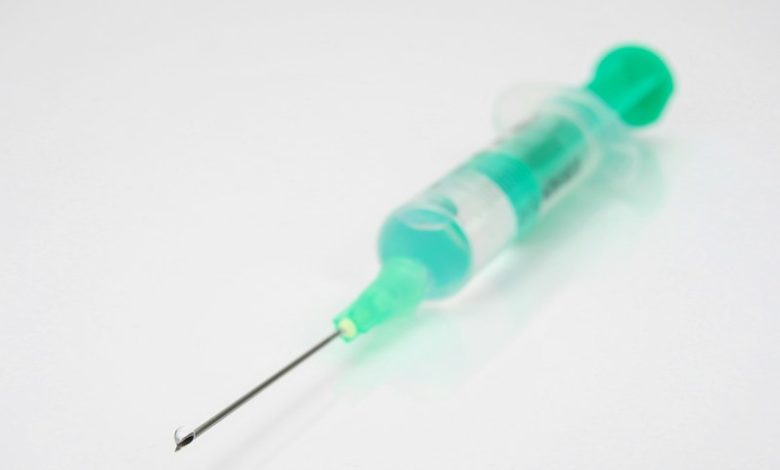NOAH: ‘Vaccine hesitancy’ could lead to deadly mistakes

Mistaken beliefs about pet vaccines and a growing hesitancy towards vaccination could give rise to deadly diseases that not only affect companion animals but also people, animal medicine association National Office of Animal Health (NOAH) has warned.







